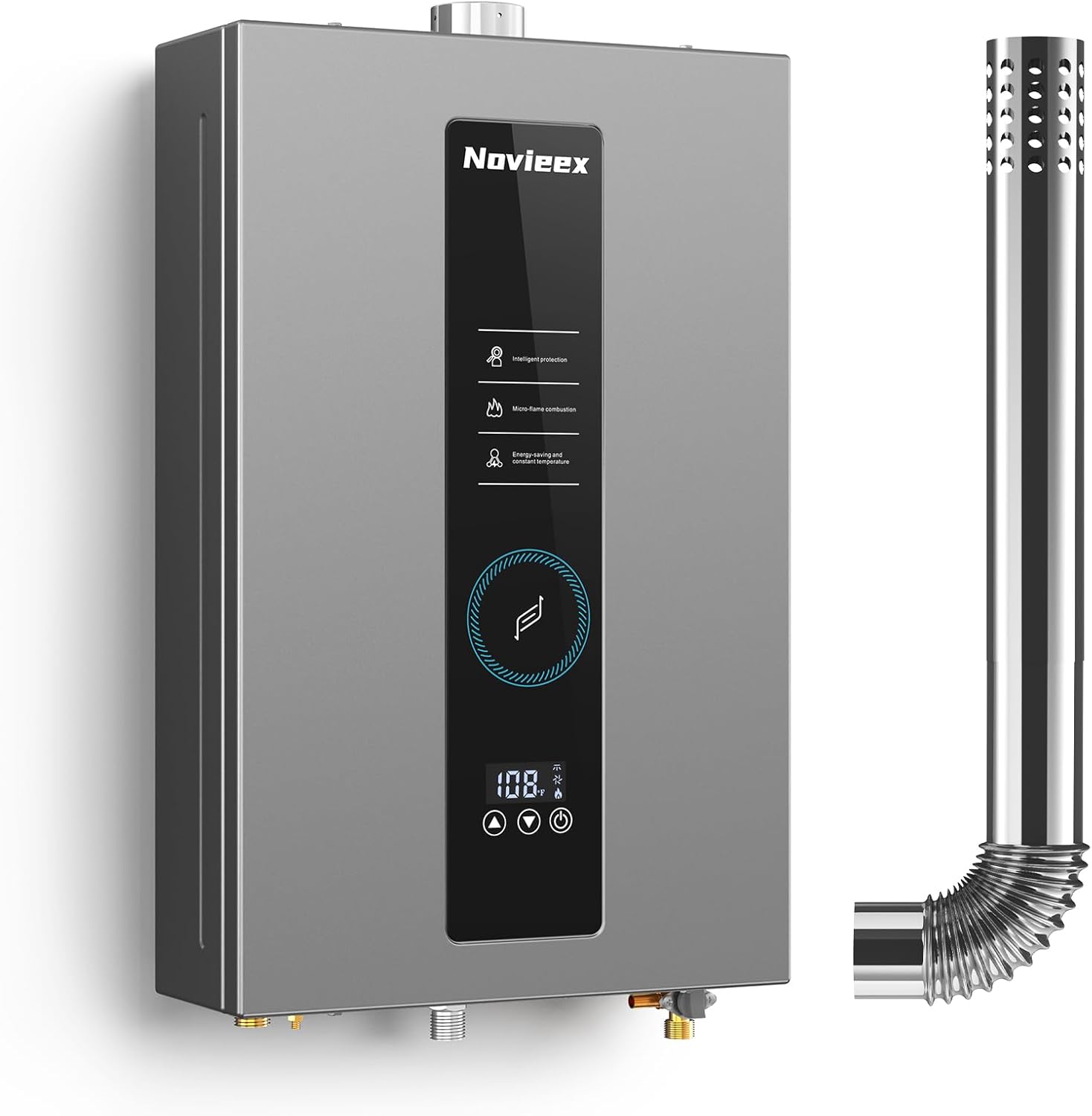To monitor and adjust energy consumption when using a heater, utilize a programmable thermostat, regularly check insulation, and track usage with energy monitoring tools.
Heating costs can spike during winter months, but smart monitoring and adjustments can help reduce energy waste. With the right tools and habits, you can maintain comfort while lowering your bills.

Track Usage with Smart Technology
Modern tools make it easy to monitor heater energy consumption in real time:
- Smart thermostats like programmable models provide usage reports and automatic adjustments
- Energy monitoring plugs measure exact wattage used by space heaters
- Utility apps show hourly consumption patterns compared to previous periods
According to energy.gov, smart thermostats can save 10% annually on heating costs through automated temperature adjustments.
Example Monitoring Setup
| Device | Function | Savings Potential |
|---|---|---|
| WiFi Thermostat | Remote scheduling | 8-12% |
| Energy Monitor | Real-time usage tracking | 5-15% |

Optimize Temperature Settings
Strategic temperature adjustments make a significant difference:
When Home
Set between 68-70°F (20-21°C) for optimal balance of comfort and efficiency
When Away
Lower to 60-65°F (15-18°C) – each 1° reduction saves ~1% on heating bills
At Night
Drop to 62-65°F (16-18°C) and use extra blankets
Improve System Efficiency
Proper maintenance enhances heater performance:
- Change filters monthly for forced air systems
- Schedule annual professional servicing
- Insulate ducts and pipes
- Consider upgrading to energy-efficient models
The EPA estimates proper maintenance can improve heating efficiency by up to 30%.
Supplemental Heating Strategies
Reduce central heating load with these methods:
Zone Heating
Only heat occupied rooms using space heaters or radiator valves
Passive Solar
Open south-facing curtains during day, close at night
Humidity Control
Maintain 30-50% humidity – moist air feels warmer
Water Heating Adjustments
Water heaters account for 18% of home energy use:
- Lower temperature to 120°F (49°C)
- Insulate tank and pipes
- Install low-flow fixtures
- Consider tankless options for point-of-use heating
These comprehensive monitoring and adjustment strategies can significantly reduce energy consumption while maintaining home comfort during heating season. Regular review of usage patterns allows for continuous optimization of heating systems.

